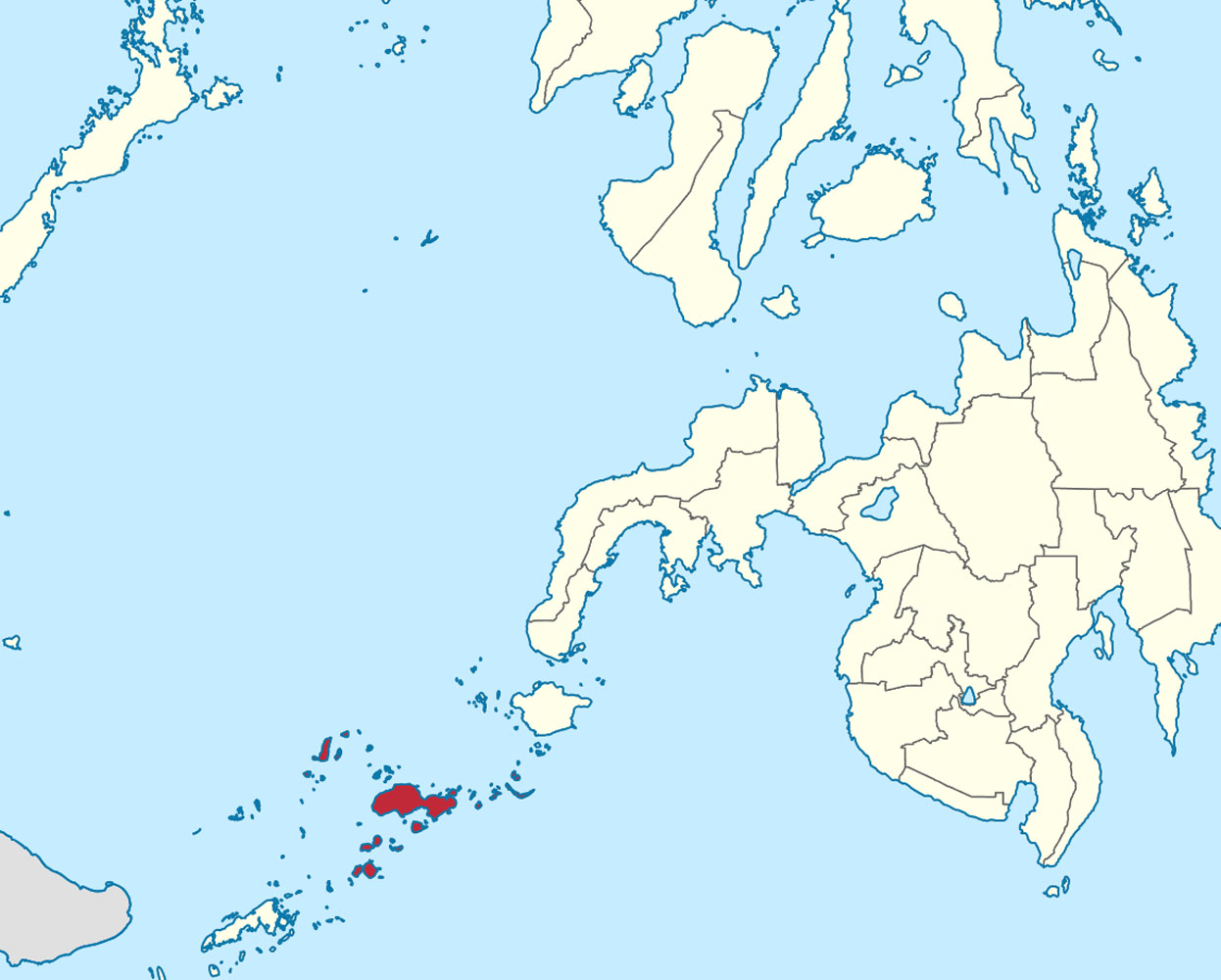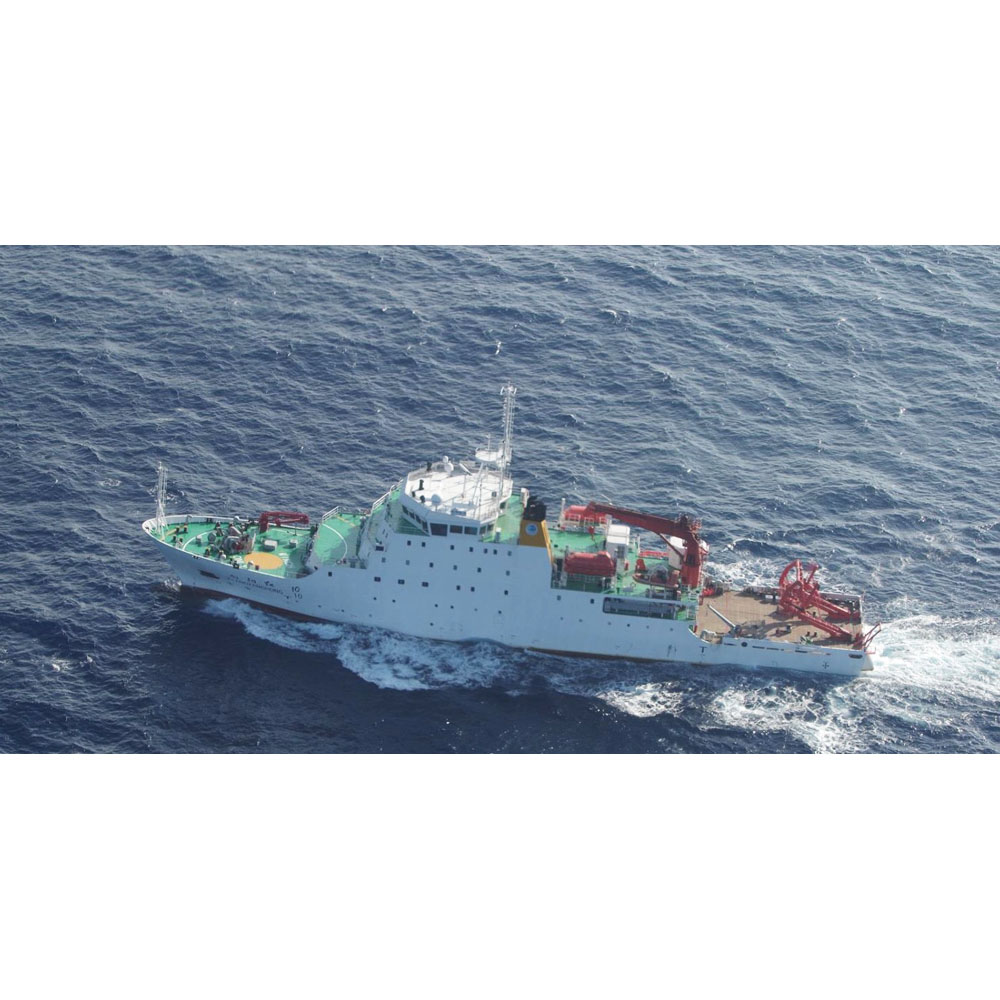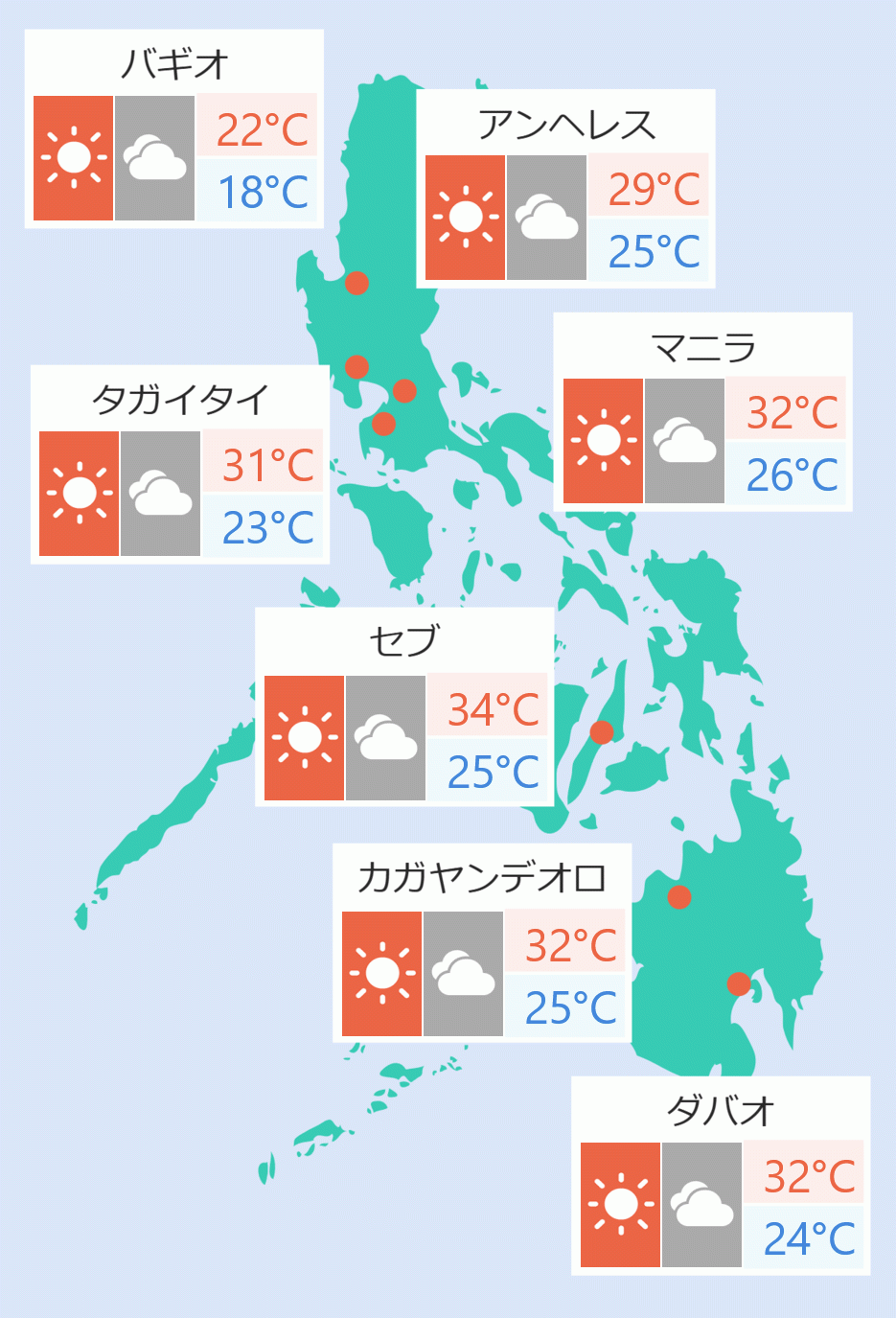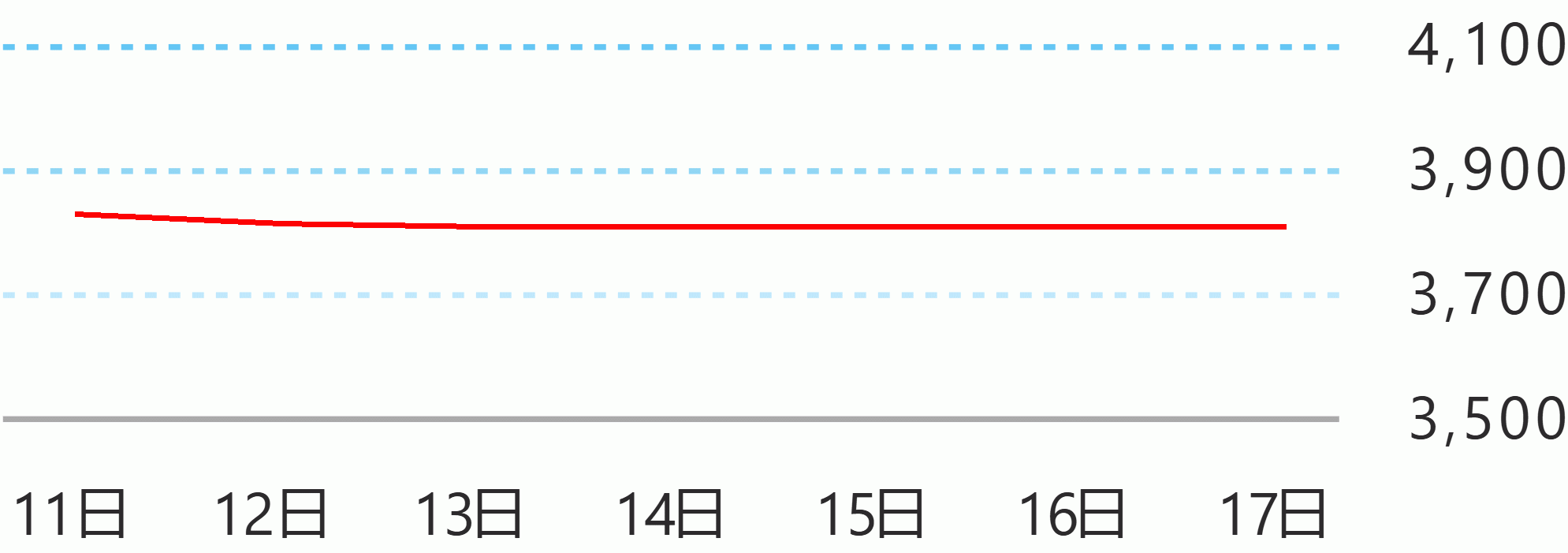Rice prices are expected to stabilize by August, a farmers' group said Sunday.
In an interview with dzBB, Samahan ng Industriya ng Agrikultura (SINAG) chairperson Rosendo So said rice prices are expected to go down because the price of urea fertilizer has decreased.
“This season the price of rice is really high. Internationally, the prices are also high. We think that by the end of August or September, the price tends to go down because the cost of fertilizer has been cut by almost half. In December it was around P2,500 to 2,600 but now it is sold at P1,250 to 1,350 only,” So said.
The Department of Agriculture's price monitoring as of May 12 showed regular well-milled rice between P34 to P42 a kilo while well-milled rice ranged between P39 to P46 a kilo.
Imported regular well-milled price is between P37 to P44 while well-milled rice costs P40 to P46.
The government is trying to bring down rice prices below P30 a kilo.
So said he does not see El Niño affecting the rice supply at the moment but advises that the government should prepare farmers.
“For now, we don’t see any problems yet because it’s raining in the provinces every afternoon,” So said, citing that the Philippine Atmospheric, Geophysical and Astronomical Services Administration (Pagasa) forecast that the effects of El Niño would be felt late August or September.
“The Department of Agriculture (DA) should be prepared because they collect a lot funds from the Rice Tarrification Law. So the government should prepare the free seeds. The inbred seeds should be given to the farmers,” he said.
“The government has allocated funds for hybrid seeds. So they shouldn’t have any problem distributing those seeds earlier. Of, course, the government should also distribute the fertilizer earlier so that there would be no reason that farmers could not plant.”
Meanwhile, So added that the government should import white onions in July to prevent a shortage.
“We think that by July, we should import white onions…because the white onions are only stored in the cold storage for three months. So by June, we should prepare for the imported onions to come in July. That’s what we see. We shouldn’t wait for the DA’s estimate that the shortage will happen in September. Because we expect that in July, we will have a shortage of stocks,” So said. Jaspearl Tan/DMS





 English
English














